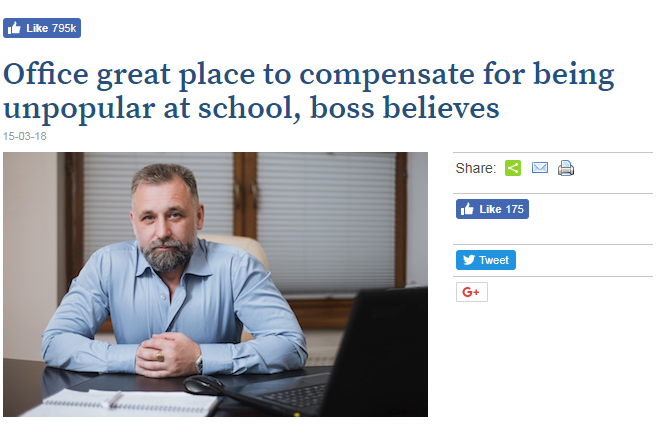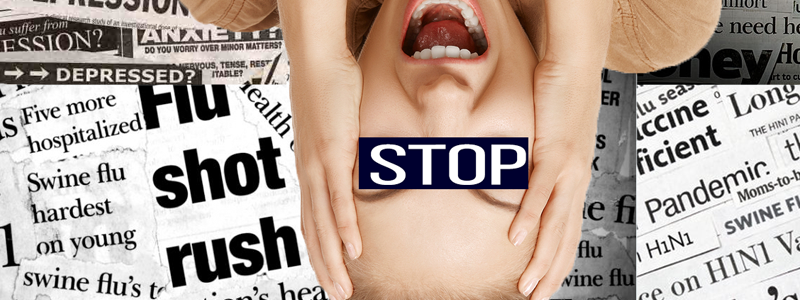People can’t tell the difference.
Not for everyone, but often on social media trustworthy and “fake news” blend together in the sharing circle.
This is ever more potent on Facebook where it’s not shared by a complete stranger but your close friend.
You would trust a friend, right?
These could appear as deliberate satire pieces from the daily mash.

But, this spread of misinformation has seen more sinister purposes.
How do you make sense out of the nonsense?
Facebook spreads misinformation
In 2016, of the top five news articles with ‘HPV’, short for human papillomavirus, the three with the most shares, likes and engagements were declared “false” by Snopes. The site operates as a fact checker, having often debunked myths and false stories. Yet, once this “fake news” gains so much traction, even when the truth reveals itself, the vast majority will have already made up their minds.
So what is Facebook doing about this?
Not much. To avoid any form of censorship backlash, Facebook has given its users the right to decide what is real or false information. Furthermore, they have stated that offenders posting false information will have their advertising rights removed. Whilst not outright banning these individuals, it’s a small step in the right direction.
You may then think, well social media is often an unlikely source of trustworthy information. Real printed news sources wouldn’t bend the truth.
Trusted News sources that bend the truth
The general impression here is that the UK news is calm and collected while the US news is predominantly sensationalism.
But is this true?
When reading articles, it can be difficult to differentiate between scaremongering and truth. We have to worry about the avian flu, zika virus and the swine flu to name a few.
Are there any safeguards?
The press complaints commission was originally set up as a source for the public to file complaints towards inaccurate news sources. There were over near 50 cases of inaccurate articles filed under the term “disease”. They have since been replaced by the independent press standards organisation. They have the power to enforce newspapers to publish corrections or adjudications if they have breached the editors’ codes of conduct.
What effects can negative information have?

In the academic journal report on Legionnaires’ disease in nursing homes, the problem is simple. News reports can lead to unsubstantiated rumours and widespread disruption of services. In the article this led to the water being restricted, meaning residents weren’t able to have showers while it was being investigated. Sensational headlines are the by-product of attention-grabbing tabloids. While it gets the message out, fear can suppress rational decisions. One example in the news is the prospect of Legionella found in care homes. Or more irrationally, in car washes.
How do you deal with legionnaires?
Legionnaires’ disease is contracted by inhaling small droplets of water (aerosols), suspended in the air, containing the bacteria. This bacteria can grow when running water is at a temperature range of 20°C – 45°C, this is but one of many of the possible conditions.
While the symptoms aren’t deadly to everyone, it’s best practice to have an annual assessment for your establishment. This is even more potent for those who get inspections from the CQC.
Conveniently, we conduct legionella testing. Our assessors are compliant with the L8 approved code of practice with years of experience.

